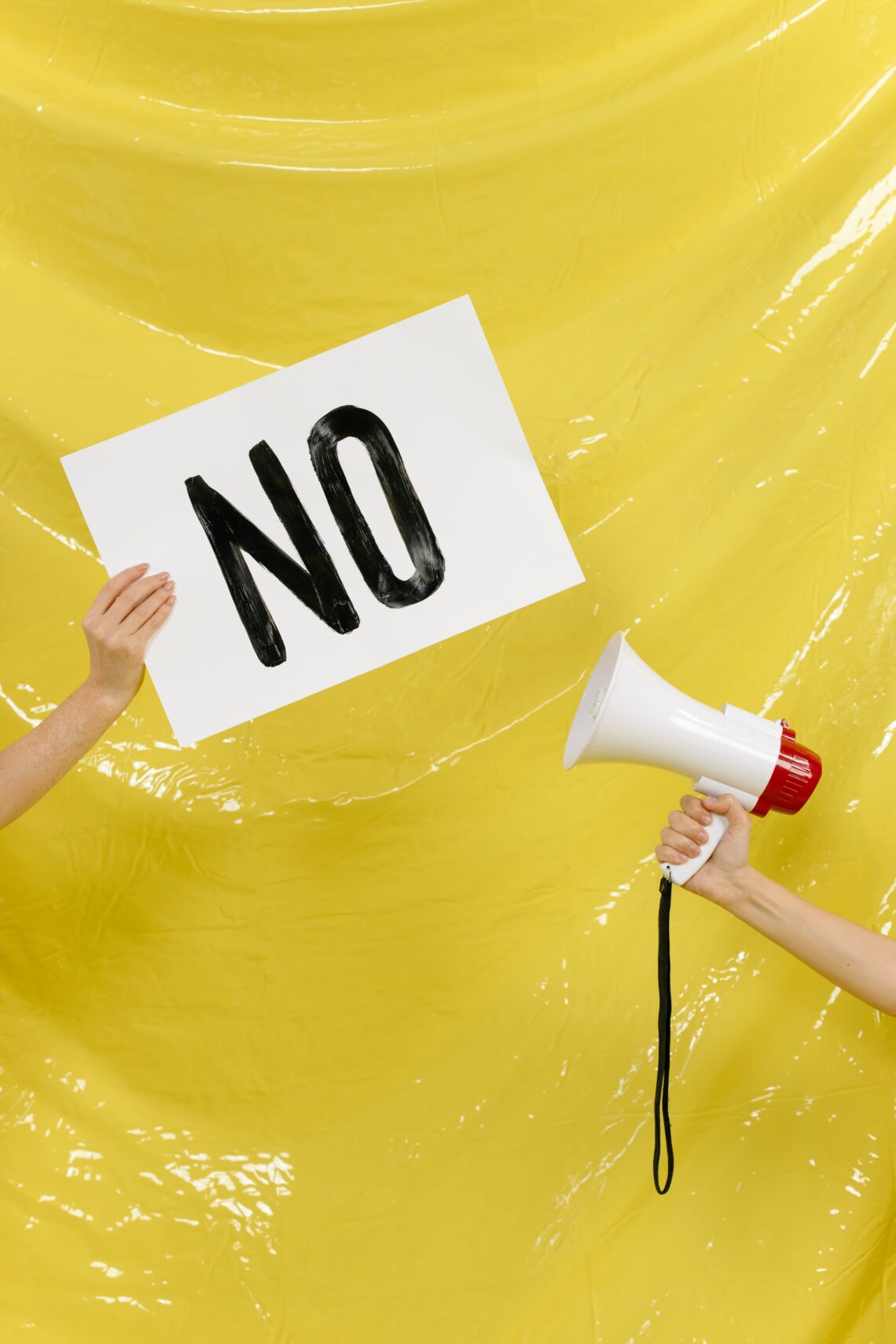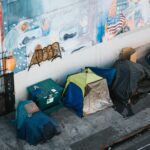
Should cancel culture be #cancelled?
In the past decade, the media has not been easy on popular influencers and celebrities. Old mistakes or tweets that would have gone unnoticed 10 years ago are now resurfacing as evidence to ‘cancel’ people from social media or their careers.
Critics of cancel culture denote these call outs to mob mentality, evoked by the “overly sensitive” Generation Z and millennials. In terms of politics, some critics address cancel culture as a censorship tactic to silence political enemies rather than an approach for healthy debate.
As part of the older Generation Z population, Ciarra Ramsaywack does not think current youth are to blame for being overly sensitive. She says that the adverse effects of suppressing issues for years is finally being recognized, and it’s no longer tolerable.
But she warns that this constant push for forward thinking and less room for controversial ideas comes with its own side effects as well. “I feel like it’s harder to speak your mind,” Ramsaywack says. “It’s hypocritical because we tell people to express yourself how you want, but when you actually do that, you can offend someone’s beliefs and be called out for it and then [you] get cancelled.”
For many, calling out others for their actions has been a tool to combat racism. In the past few years, the largest movements calling for change have risen from social media hashtags. Recently, the #BlackLivesMatter, #ACAB and #StopAsianHate hashtags have sparked massive attention towards the racial injustice towards Black, Indigenous and Asian communities.
Maggie Reid, a journalism professor at the University of Toronto, says it’s a mistake to fit cancel culture into a category of good or bad. Looking through one lens obscures the root of its issue—it’s about addressing unjust power imbalances.
What is cancel culture?
Reid defines cancel culture as a system of control or an “online mob” roused by outrage about someone’s actions. By appealing to whoever is in charge of the cancelled person, the goal is to create some kind of material consequence such as losing one’s job, significant loss of finances, ruining of reputation or a loss of business.
“It’s not anything new,” she says. “The new aspect with online spaces is that there is a bit more democratization of cancellation. For the first time, you actually have people who are able to band together to start action.”
Reid says that it’s often public figures in positions of authority or influence who are targeted, yet they don’t always get cancelled through any material consequence. She says that when an elite is caught spewing racist remarks, they are not permanently silenced but called out for “punching down” to people historically marginalized by society. Yet there continues to be a silencing of powerless people who try to speak against injustice.
“In terms of social media, for example, Palestinian activists have been censored online for years but this conversation rarely dominates,” Reid says. “From my perspective, it’s [cancel culture] always being framed through the lens of famous people facing criticism for the first time.”
Reid warns that if this discourse is not spoken of, depictions of cancel culture risk being one sided towards people who are unscathed while overlooking those that are truly impacted by repression of speech.
Harmful legacies and lasting history
When 215 bodies of Indigenous children were found at a former residential school in Kamloops, B.C. in May 2021, thousands of protestors marched towards the statue of Egerton Ryerson in downtown Toronto and beheaded it. In doing so, they hoped to remove the harmful legacy behind the name of a person who played a role in the creation of the residential school system and supported too many years of institutional violence.
An article by Sun Media claims that such acts enabled by a university only amount to mob behaviour, promoting vandalism and repression of free speech suited to the demands of cancel culture.
Rai Reece, an assistant professor of sociology at Ryerson University who focuses on race, ethnicity, law and justice, says she is not surprised to hear this critique. “What this is, is another reiteration of white supremacy by the establishment. When you are looking for another way to diminish the work of grassroots organizations and activists by saying that it’s a form of cancel culture, that’s what [white supremacy] is,” Reece explains. “Mainstream media isn’t geared towards folx who are the most disenfranchised and marginalized in society.”
Reece does not agree that beheading the Ryerson statue is part of cancel culture. She says it’s not as simple or convenient as that—it is a form of abolition that is calling for the university to acknowledge and take accountability behind the namesake that has caused Indigenous genocide and continual harm.
However, Reece explains that the symbolic act of a cultural boycott that is popular within cancel culture is still present. This boycott was significant to physically remove what that statue represented. She says this does not ostracize anyone, nor does it cancel history, because history will always be there.
Navigating discussions online
For people engaging online, it can become overwhelming. Many feel the need to create posts that speak about world events rather than showing their latest dinner, or else they risk being judged for not using their platform or privilege to speak on what matters.
Ramsaywack says that she has felt this way the past year during the Black Lives Matter movement. As a young Black woman, she felt that her experience would not be validated enough if she didn’t make posts about it. At the same time, she was worried about what her white friends would think about her posts.
“I don’t want to get cancelled because of what I’m saying, even though it’s a cause I believe in and should feel free about what I want to post in that sense,” she says. “It’s a looming fear of getting cancelled that’s problematic on social media.”
With the way the media continues to promote both informational and harmful conversations surrounding cancel culture, the debate about its function continues. But in terms of responsibility as a collective to heal and reconcile, Reece encourages people to have difficult conversations that “gently call in” members of their community—not behind an avatar or closed doors, but as human beings.
About the author
Rebecca Benitez-Berona is a reporter at Youth Mind. She is passionate about social justice, creative writing, reading poetry and youth mental health. When she is not writing, she is exploring nature or trying out yet another new bubble tea shop.







